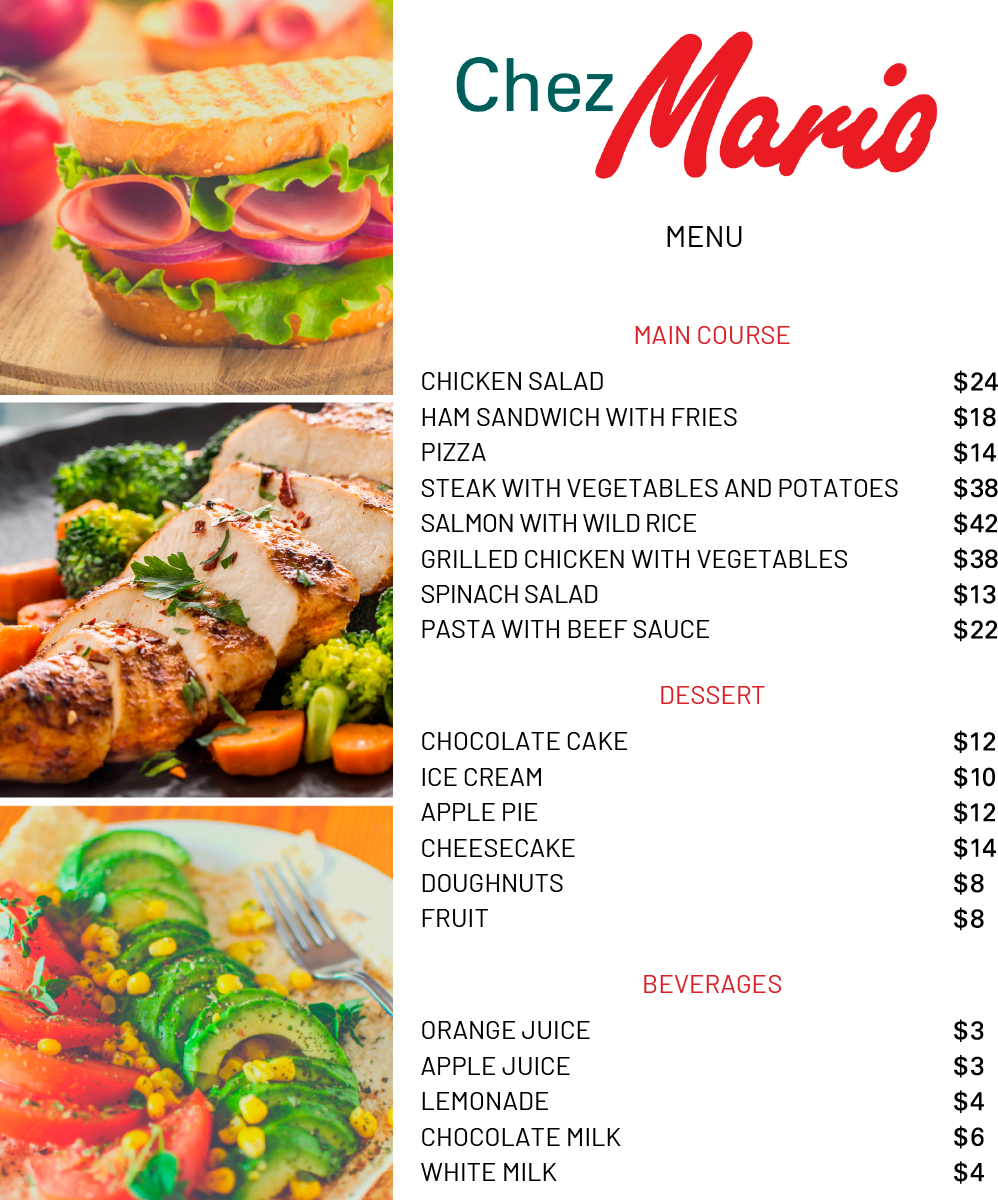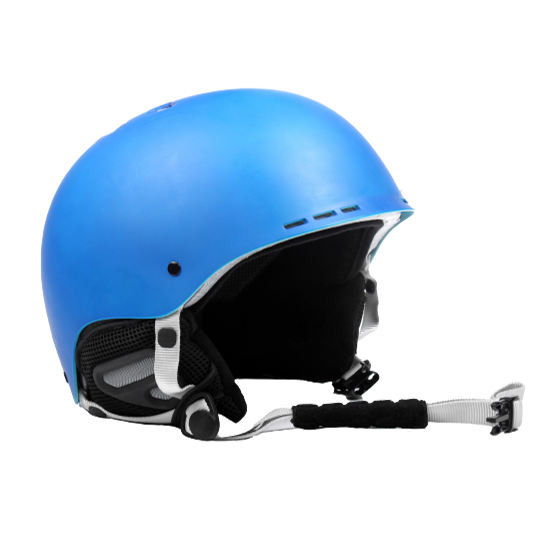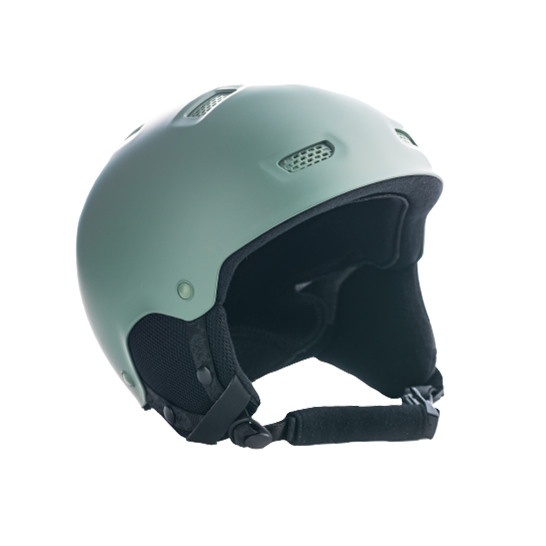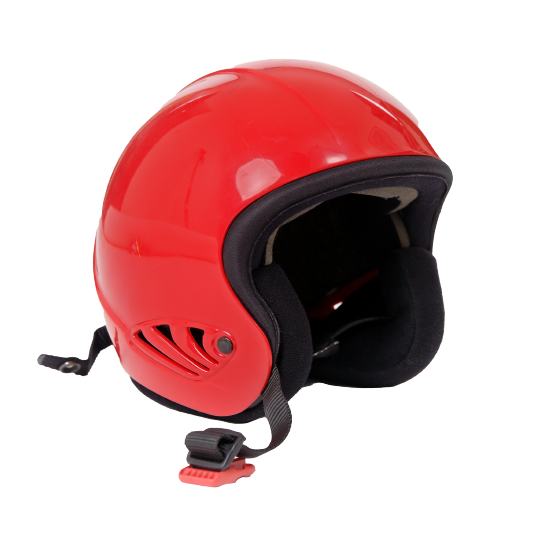B2.3 Use mental math strategies to calculate percents of whole numbers, including 1%, 5%, 10%, 15%, 25%, and 50%, and explain the strategies used.
Activity 1: Calculating Percents
In Grade 6, students can deepen their understanding of percents by solving problems related to situations involving money. For example:
- What is the total cost of a $4.50 item plus 10% tax?
- How much money is a 25% discount on a $9 item?
- Is it better to buy an item for $15 at 50% off or the same item for $20 at 60% off?
Source: translated from Guide d’enseignement efficace des mathématiques de la 4e à la 6e année, Numération et sens du nombre, Fascicule 3, Nombres décimaux et pourcentages, p. 115.
Activity 2: At the Restaurant
Form small groups and distribute a menu to each student. Have students choose menu items, calculate the total cost of meals, and use mental math strategies to add 10%, 15%, and 25% tips to the bill.
In a math conversation, choose a few teams to explain the mental math strategies used to calculate tip percentages.

Activity 3: End of Season Sale
Marc goes to the Belle Neige store to take advantage of the end of season sales. He needs to buy a helmet for his next ski season.
Three options are available to him.

$60
(\(10\%\) off)

$110
(\(50\%\) off)

$80
(\(25\%\) off)
Ask students questions such as:
- What strategies could be used to mentally calculate percentages?
- How much will Marc save if he decides to buy the first helmet? The second helmet? The third helmet? How do you know?
- If Marc wants to spend as little money as possible, which of these options is the best? Explain your choice.
